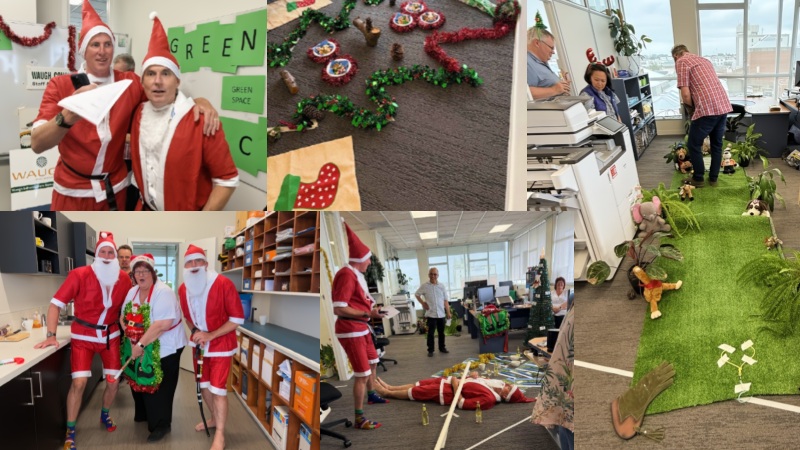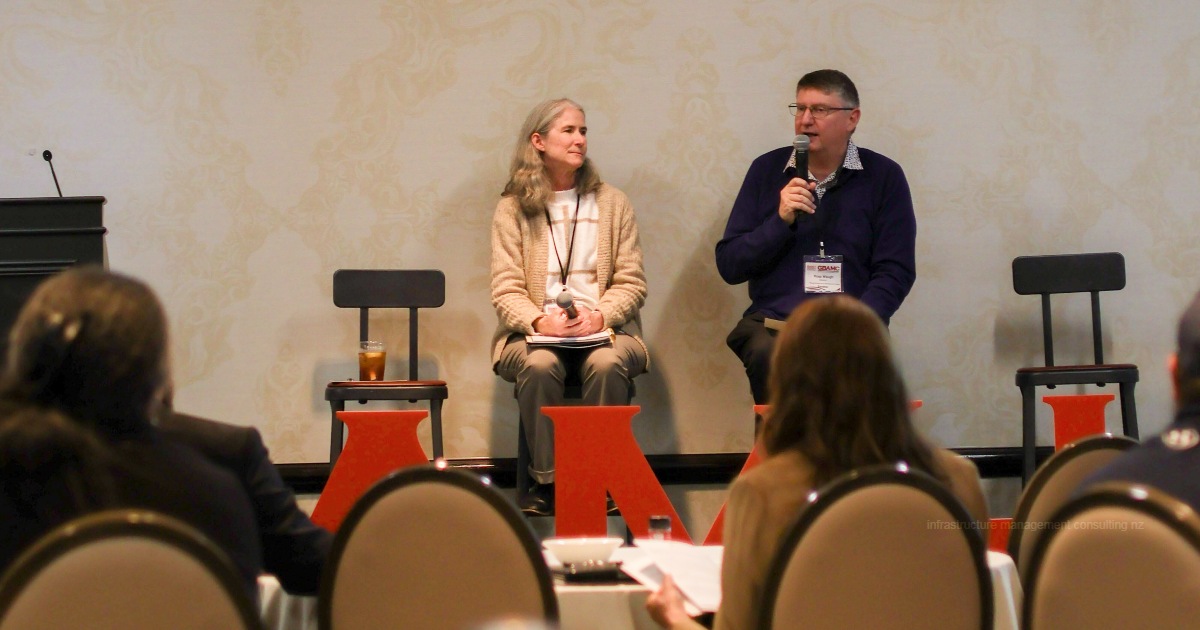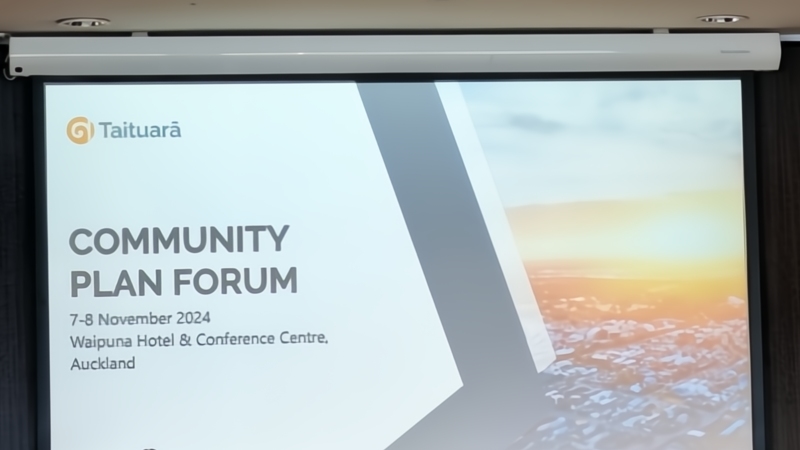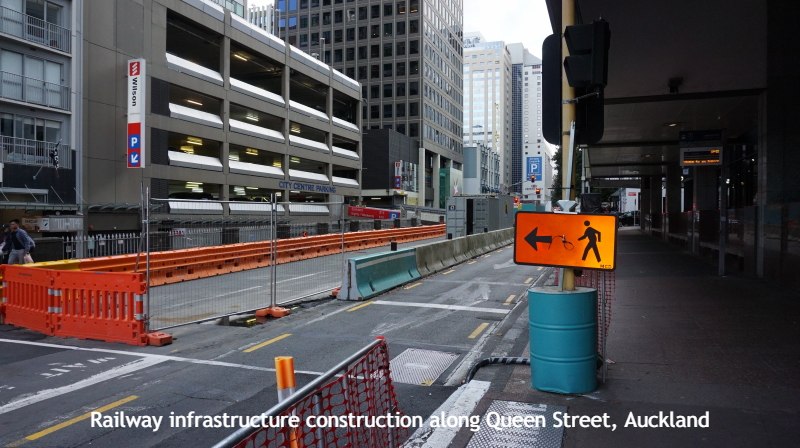
SiteSafe has just released its report on suicide in New Zealand’s construction industry.
This report is the result of a study analysing 300 coroners’ closed case files of construction workers in New Zealand who died at their own hands between 2007 and 2017. This means the industry lost 300 people to suicide for over ten years.
This is very significant and a terrible loss – 300 families impacted, 300 workplaces affected.
What the SiteSafe Report found out
The SiteSafe Report states that almost half (48.0%) of the cases in their sample were reported to have had symptoms of mental illness described by a medical professional, thus prior identification of symptoms.
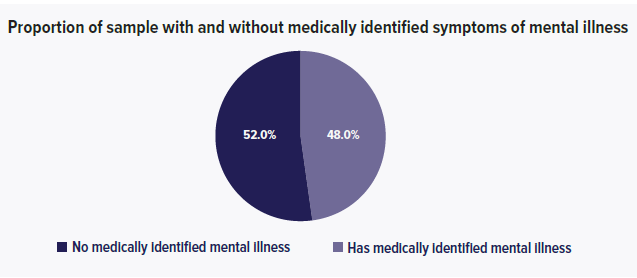
The most common factor was relationship breakup (54.3%) or relationship problems with a romantic partner.
Several other personal factors were identified such as personal financial strain (19.7%), job insecurity, engaged with the criminal justice system, physical illness, grief and housing issues.
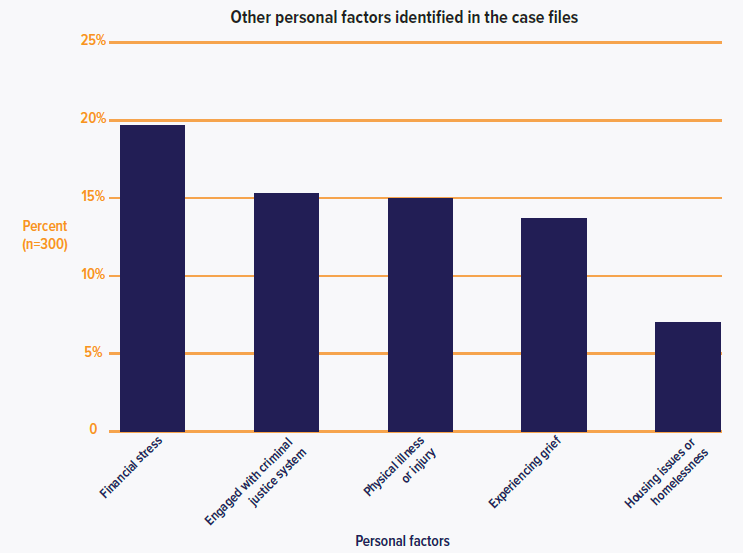
Work-related factors reported an underestimate
Work-related factors were described in the case files less often than personal factors. Personal factors may have been more obvious or there could be a potential bias towards personal factors during a coroner’s inquiry.
The SiteSafe Report acknowledges that the frequency of work-related factors reported may be an underestimate.
Thirty two point three per cent (32.3%) of all cases had work-related factors mentioned in their coroner’s report.
Work-related factors include job insecurity, stress related to running a business, the stress of high-pressure industry, work impacted by injury/illness, unemployment, on the job stress, workplace conflict and workload stress.
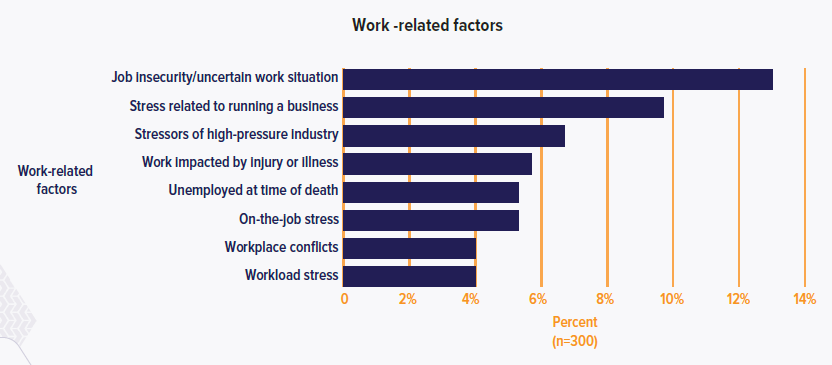
How can we respond to the SiteSafe report?
I am no expert on suicide, but I have experienced the result of suicide first hand.
Our son took his life at 20 years of age more than seven years ago. It is a terrible and devastating loss.
Retrospect is a perfect science and it was only afterwards that we recognised his behavioural changes as signs of depression.
We didn’t know that our son suffered from depression. We also believe that he didn’t know it either. The result of a head injury.
We see adverts on national television broadcasting that it is okay to have depression and that we should support people with depression.
However, how do we identify depression? What are the signs that we should look out for?
Below are a few that may help identify something is wrong.
- Behavioural changes
- Diminished interest in activities
- Irritability
- Aggression
- Drinking more than normal
- Withdrawing from normal activities
- Insomnia or hyposomnia
- Psychomotor agitation (pacing, tapping, rapid actions)
- Fatigue or loss of energy
- Diminished ability to concentrate
- Indecisiveness
We need to become more aware of our colleagues and contractors.
We need to broaden our view and realise we are all a team (employer/employee; principal/contractor) and team members care for each other.
We need to talk. We need to reach out to one another – irrespective of the relationship. See David Brown’s blog ‘Is Nurturing the New Norm?’
As an industry, we need to do better and I believe we can do better.
If we don’t, more and more families and workplaces will be impacted by this terrible tragedy called suicide.
Please also see a copy of the full report: Suicide in New Zealand’s Construction Industry Workforce: Factors Identified in Coronial Reports (2019)

